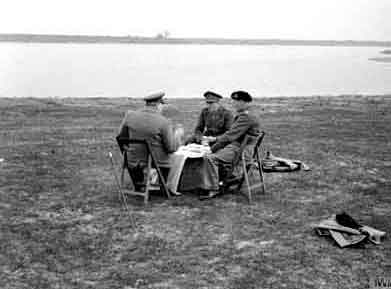 In February 1943, when the Allies defeated the Nazis in North Africa. To celebrate, Churchill flew to Tripoli for a victory parade. Enjoying the victory, Churchill, General Sir Bernard Montgomery, and other senior officers of the Eighth Army enjoyed a casual picnic...
In February 1943, when the Allies defeated the Nazis in North Africa. To celebrate, Churchill flew to Tripoli for a victory parade. Enjoying the victory, Churchill, General Sir Bernard Montgomery, and other senior officers of the Eighth Army enjoyed a casual picnic...
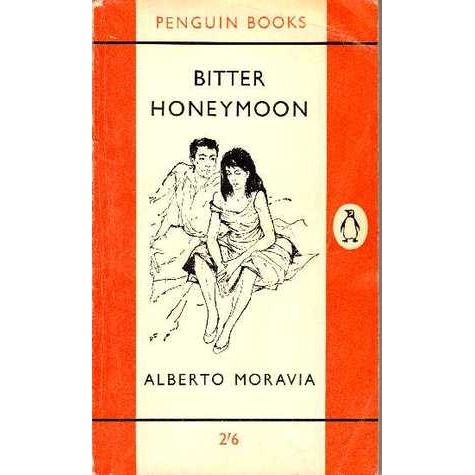 Moravia’s story’s “Back to the Sea” [Ritorno al mare] is about a picnic is without a shred of joy. It’s partly about gender relations and a metaphor for post-war Italy in the guise of a nightmare merénda, In the summer of 1945, Lorenzo,...
Moravia’s story’s “Back to the Sea” [Ritorno al mare] is about a picnic is without a shred of joy. It’s partly about gender relations and a metaphor for post-war Italy in the guise of a nightmare merénda, In the summer of 1945, Lorenzo,...
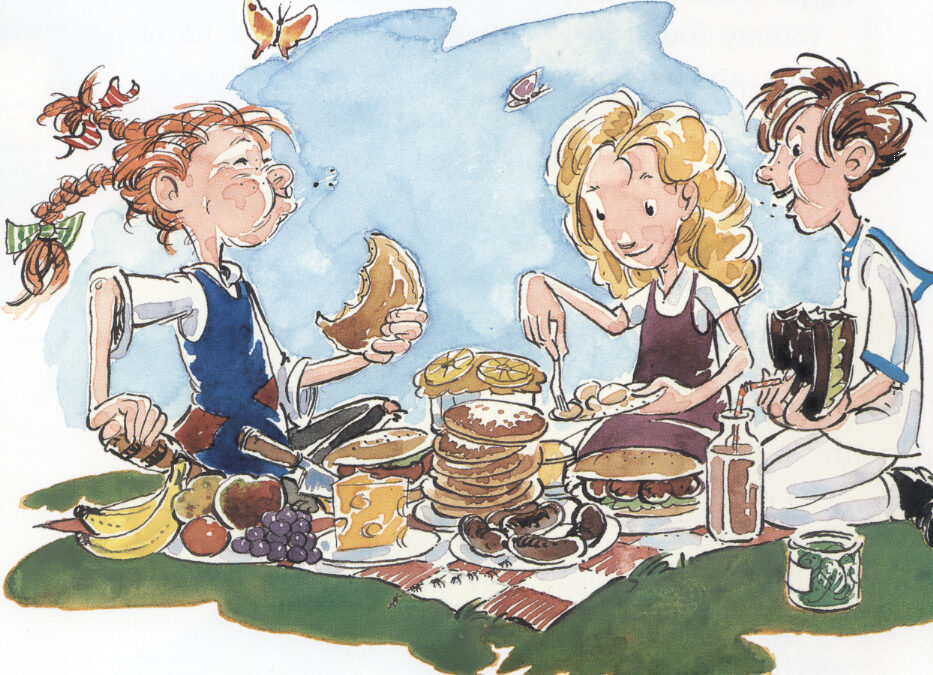 Astrid Lindgren’s zany picnic is a gastronomical feast. The chief picnicker is Pippi Longstocking, a brash, energetic, good-natured Swedish girl of nine who lives independently packs her own picnic. After zipping through some household chores, Pippi takes her...
Astrid Lindgren’s zany picnic is a gastronomical feast. The chief picnicker is Pippi Longstocking, a brash, energetic, good-natured Swedish girl of nine who lives independently packs her own picnic. After zipping through some household chores, Pippi takes her...
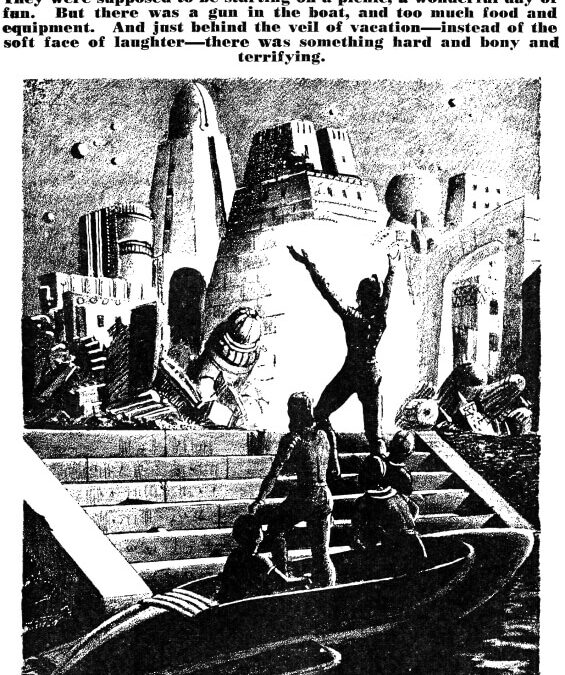 Bradbury’s “The Million Year Picnic” is a sad metaphor about what a picnic is not—a family’s escape from Earth to build a new Eden on Mars. We don’t know how it ends because this is the final story in the collection of The Martian...
Bradbury’s “The Million Year Picnic” is a sad metaphor about what a picnic is not—a family’s escape from Earth to build a new Eden on Mars. We don’t know how it ends because this is the final story in the collection of The Martian...
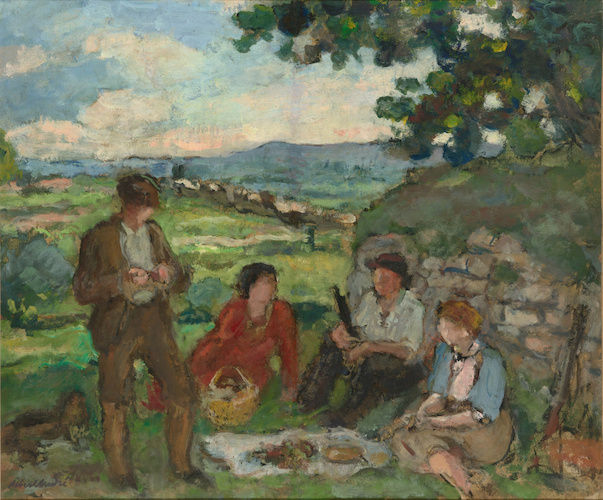 Albert’s Le repos des chasseurs, aka Hunters’ Rest is a scaled down version of the Halt on the Hunt. The simple menu is bread ,fruit, and wine.
Albert’s Le repos des chasseurs, aka Hunters’ Rest is a scaled down version of the Halt on the Hunt. The simple menu is bread ,fruit, and wine.
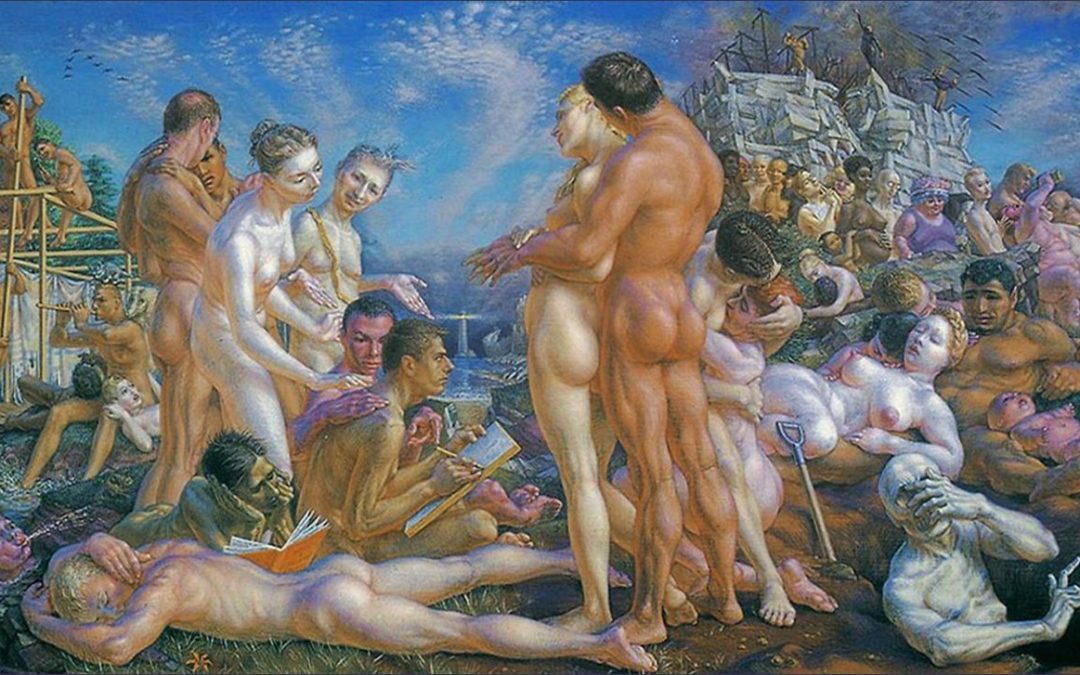 Cadmus’s What I Believe (1947-1948) is a beach picnic without food, inspired by E.M. Forester’s essay of the same-named. Forster is the dark man reading a book with the red cover in the lower left foreground. The figures are based on some of Cadmus’ friends and former...
Cadmus’s What I Believe (1947-1948) is a beach picnic without food, inspired by E.M. Forester’s essay of the same-named. Forster is the dark man reading a book with the red cover in the lower left foreground. The figures are based on some of Cadmus’ friends and former...
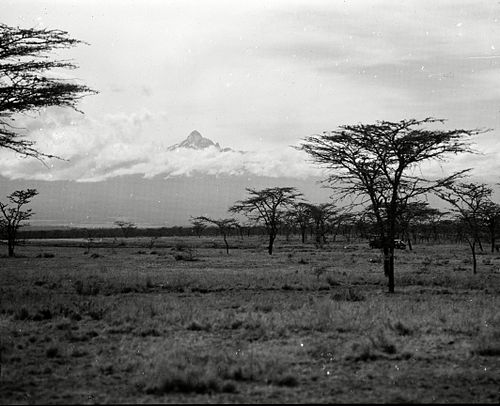 Benuzzi’s original title for his memoir was Fuga sul Kenya – 17 giorni di liberta [Escape on Kenya – 17 days of liberty]. But being deeply impressed by Vivienne de Watteville’s Speak to the Earth, her memoir of camping on Mount Kenya, * he renamed the...
Benuzzi’s original title for his memoir was Fuga sul Kenya – 17 giorni di liberta [Escape on Kenya – 17 days of liberty]. But being deeply impressed by Vivienne de Watteville’s Speak to the Earth, her memoir of camping on Mount Kenya, * he renamed the...
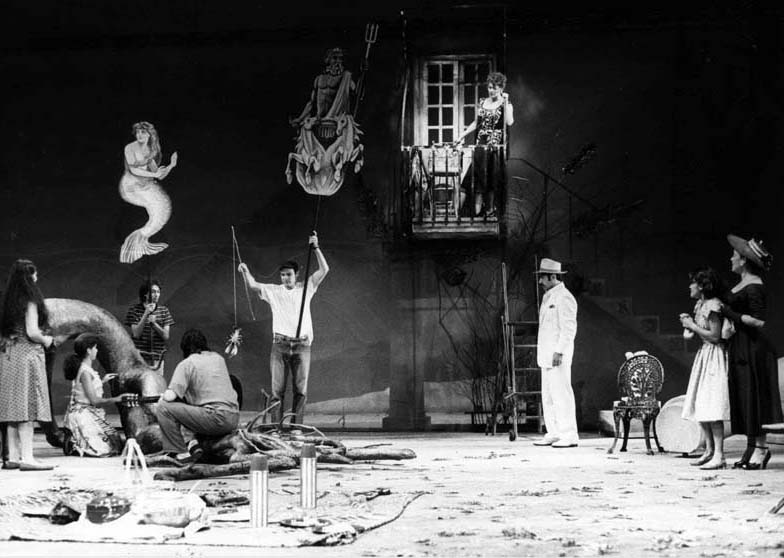 Bowles’s In the Summer House is an absurd play, and she admirably proves the rule that some people do silly things at picnics. The action begins with a lawn picnic at which characters with tenuous relationships incessantly bicker. When Mr. Solares enters,...
Bowles’s In the Summer House is an absurd play, and she admirably proves the rule that some people do silly things at picnics. The action begins with a lawn picnic at which characters with tenuous relationships incessantly bicker. When Mr. Solares enters,...
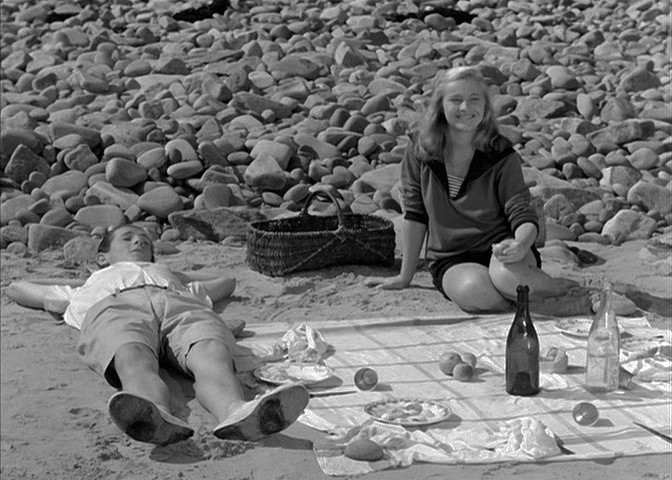 Autant-Lara’s Le Blé en herbe is good at separating the dual aspects of love in Colette’s novel about adolescents and friends for years and learning about love while vacationing in Normandy. There are two parts to the narrative. In the first part, teenagers Philippe...
Autant-Lara’s Le Blé en herbe is good at separating the dual aspects of love in Colette’s novel about adolescents and friends for years and learning about love while vacationing in Normandy. There are two parts to the narrative. In the first part, teenagers Philippe...
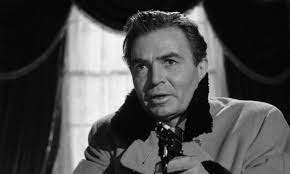 The neat phrase “picnic, lightning” is a metaphor for transience and happenstance written by Humbert Humbert, the narrator of Lolita (1955). Awaiting a murder trial, Humbert begins a memoir, freely admitting moral decline and obsession with the...
The neat phrase “picnic, lightning” is a metaphor for transience and happenstance written by Humbert Humbert, the narrator of Lolita (1955). Awaiting a murder trial, Humbert begins a memoir, freely admitting moral decline and obsession with the...











